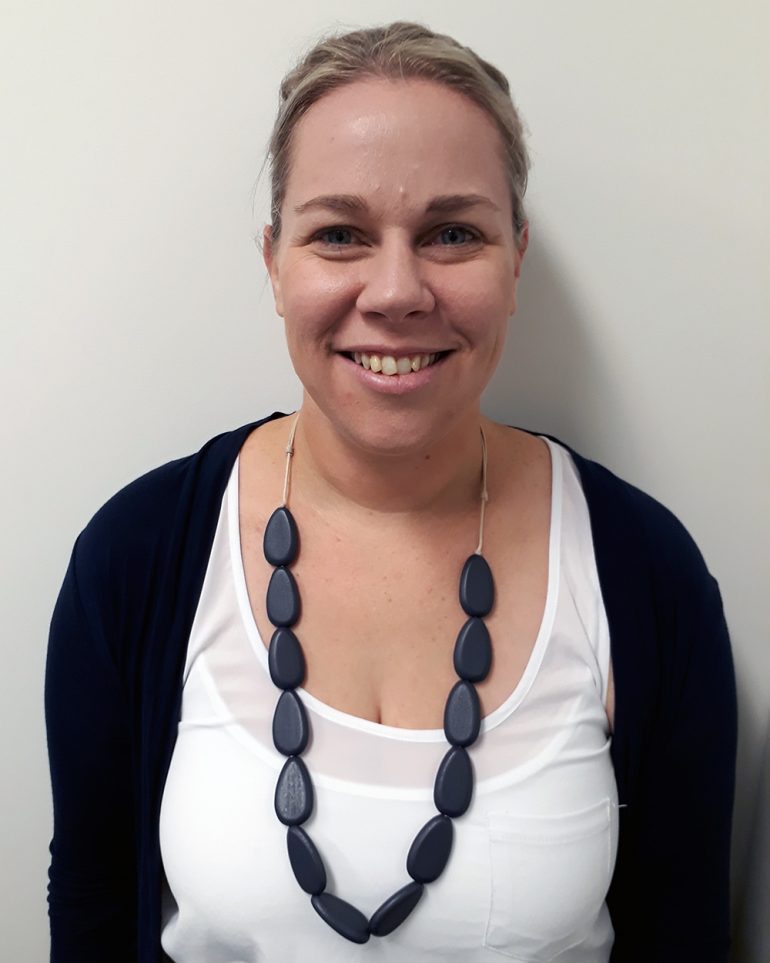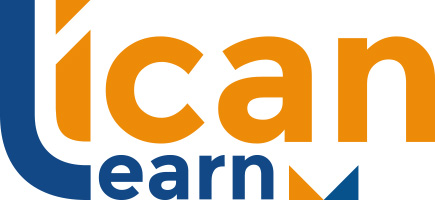
Tracey Grinter is the manager of Financial Counselling, Victims Assistance Program and Gambler’s Help at Anglicare Victoria [AV]; Tracey’s also a financial counsellor with a background in social work, who still sees some clients and is passionate about having a skilled up team that makes a difference to consumers. Over the past two years, ICAN Learn has had the privilege of utilising
Tell us a bit about yourself and your role at Anglicare Bendigo.
“I’ve been working at AV for nearly seven years now. I commenced my employment in the Financial Counselling team and have had a few role changes since then. It’s a busy role as there are staff spread across the Central and Northwest region in Victoria, and I spend lots of time travelling between Mildura, Bendigo, Melbourne etc.
I’ll always been passionate about Financial Counselling and enjoy being involved in the day to day delivery of the program. I even still see clients when I can!”
The FC team at AV has 10 Financial Counsellors and 3 volunteers across a number of
2. This is the first time that the Diploma of Financial Counselling has been delivered outside of the CBD in Victoria. Tell us what led to the development of a training group at Bendigo and a bit about the processes involved?
Recruitment of staff in regional areas is always a challenge, with the need to release staff for training and associated impacts on casework. AV was able to recruit staff with the right attitude, approach and significant backgrounds from finance to welfare, but all needed the Diploma of Financial Counselling.
“The AV FC team experienced a lot of staff changeover, the team going from being very experienced to having six new Financial Counsellors in the space of six months.
Whilst all those we recruited for financial counselling positions were keen to undertake the required Diploma of Financial Counselling, there were a number of barriers. With the course only offered in Melbourne, costs of accommodation, travel and impact on time with
“As a manager engaged with local networks, I was aware Bendigo Family & Financial Services [BFFS] also had a number of staff and volunteers that were wanting to undertake the Diploma of Financial Counselling, which would allow them to expand their services to the region.”
To try and resolve the challenges of getting new recruits qualified, AV began conversations with ICAN Learn through Tracey Grinter. With most of the potential students already beginning to provide casework support under the direct supervision of a qualified Financial Counsellor it became clear that the use of a mentorship model (a model that replicates the traineeship approach) would be best suited to the meet the needs of both student employees and their organisations. Workplace-based learning could be truly integrated with the theory of financial counselling.
“ I met with ICAN Learn which undertook a gap analysis, and developed a timetable that reflected the needs of new staff; an immediate focus on the Financial and Legal units came first to enable some learning of basic financial counselling facts. Our format was a block mode with two one week blocks and a series of weekend workshops. This was complemented by daily support from myself and other qualified Financial Counsellors in a number of workplaces. The delivery was tailored to the students, allowing them to use their real casework scenarios to inform discussion and to complete assessments. The use of guest speakers from within the students’ organisations and from other key organisations within the region was also embedded in the delivery. This not only allowed the students to increase their knowledge but also their networks.”
ICAN Learn was excited to deliver the Diploma of financial counselling and support the development of 4 organisations: AV, BFFS, Child and Family Services [Ballarat] and Rural Financial Counselling Service in Gippsland, through this new regional
3. The partnership between industry and ICAN Learn has been vital in the development and delivery of this program. Tell us about Anglicare’s and your role in the training delivery for this course?
“AV has been very supportive of the training delivery. They have allowed me to teach units within the Diploma during my paid work time. They have also allowed us the use of training rooms and other resources, such as photocopying and administrative support. I have been able to support and mentor both staff within AV and the other organisations where students are employed in work time. This has facilitated me meeting with students regularly, either in person (involving travel) or via Skype or telephone. It’s been a great arrangement!
I’ve also had to put in my own time to mark assessments, which has allowed me to develop my training and assessing skills. It has enabled me to be better informed about how to support and educate my team and other Financial Counsellors in the region.”
4. Do you think this program can be replicated in other regional areas?
“It would be fantastic and certainly possible to replicate this model other regional areas. It requires the support of an organisation and a Financial Counsellor / Manager with Certificate IV Training and Assessment 40116 [TAE40116] to drive the model.”
ICAN Learn has supported Tracey to upgrade her TAE40116 which in turn builds organisational capacity.
“I would encourage other FC’s to give back to the sector – I have gained so much from being involved in the Diploma. Talk to your organisations – ask what kind of support they could provide to a model like this.”
5. What’s your key message to agencies across Australia about developing the capacity for educating financial counsellors?
“My key messages are about the success of the ‘mentorship’ model. The FC’s that are now graduating from the Diploma are highly skilled and experienced. They are also well supported by the networks they have developed through the course and their employment. I think the mix of workplace and classroom-based learning is key to sector development.”


